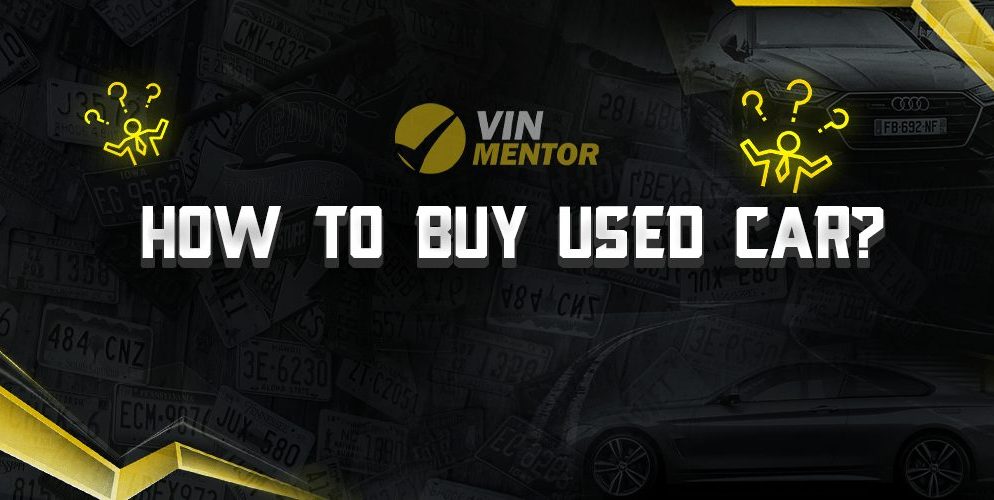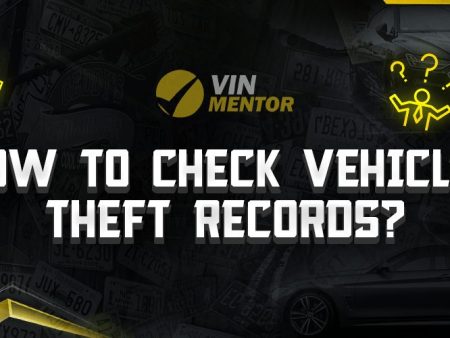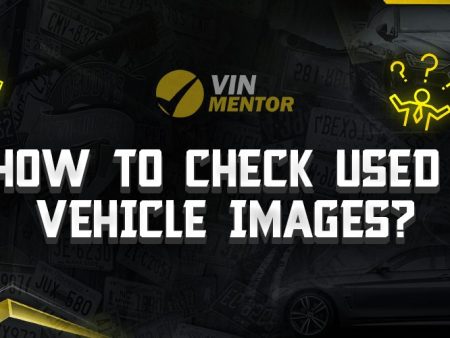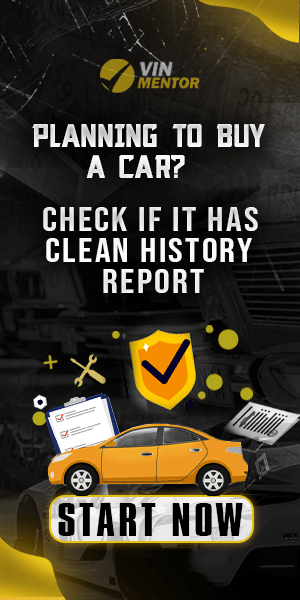

Are you in the market for a used car? Buying a used car can be a smart decision, offering cost savings and a wider range of options. However, it’s essential to navigate the process with care to ensure you make a wise purchase. In this article, we will guide you through the key steps and considerations involved in buying a used car. Read on to gain valuable insights that will help you make an informed decision and find the right vehicle for your needs.
Key Takeaways
- Research and budgeting are crucial steps before buying a used car. Research different models and set a budget that includes purchase price, insurance, maintenance, and potential repairs.
- Understanding the vehicle’s history is important. Obtain the VIN and check the vehicle history report for ownership history, accident records, and maintenance records.
- Thoroughly inspect the car visually and mechanically. Look for signs of wear, take it for a test drive, and consider getting a professional mechanic’s opinion.
- Effective price negotiation involves researching the market value, using that knowledge during negotiations, and being prepared to walk away if necessary.
What Are the Steps and Considerations Involved in Purchasing a Used Car?
Gaining a solid understanding of the fundamental steps involved in purchasing a used car is crucial.
Research and Budgeting
- Research different car models and narrow down your options based on your needs and preferences.
- Set a budget to determine how much you can afford to spend on a used car, considering factors such as purchase price, insurance, maintenance, and potential repairs.
Understanding the Vehicle’s History
- Obtain the vehicle identification number (VIN) and use it to check the car’s history through reliable sources.
- Review the vehicle history report for crucial information, including ownership history, accident records, and maintenance records.
Conducting a Thorough Inspection
- Inspect the car thoroughly, both visually and mechanically.
- Look for signs of wear and tear, rust, or any visible damages.
- Take the car for a test drive to assess its performance, handling, and comfort.
- Consider seeking a professional mechanic’s opinion to ensure a comprehensive inspection.
Negotiating the Price Effectively
- Research the fair market value of the car based on its make, model, year, mileage, and condition.
- Use this information as leverage during price negotiations with the seller.
- Be prepared to walk away if the seller is unwilling to negotiate within a reasonable range.
Research and Narrow Down Your Options
Before buying a used car, conducting thorough research and narrowing down your options are essential steps to ensure you find the best vehicle that suits your needs and budget.
Research
- Explore different car models, features, and prices to find the best fit for your needs and budget.
- Consider factors such as reliability, fuel efficiency, safety ratings, and maintenance costs.
Narrow Down Your Options
- Create a shortlist of potential cars that meet your criteria.
- Compare prices, mileage, and available features to further narrow down your choices.
Conclusion
Buying a used car requires careful research, thorough inspection, effective negotiation, and awareness of the vehicle’s history. By following the steps outlined in this article, you can make a more informed decision and increase your chances of finding a reliable used car that meets your needs and budget.
To ensure a smoother purchasing experience and gain further insights into the vehicle’s history, consider performing a comprehensive vehicle history check using the VIN. There are reputable VIN check websites available that can provide valuable information about the car’s past, including its ownership history, accident records, and maintenance records. In order to do so, choose from our recommended list of best VIN Check Websites.
FAQ
Why should I buy a used car instead of a new one?
- Buying a used car can offer significant cost savings compared to buying new.
- Used cars often have a wider range of options and models available.
- You may be able to afford a higher-end car or a car with more features when buying used.
How do I determine my budget for a used car?
- Consider factors such as your monthly income, expenses, and savings goals.
- Account for the purchase price, insurance costs, ongoing maintenance, and potential repairs.
- Be realistic about what you can afford and avoid stretching your budget too thin.
How can I check the vehicle history of a used car?
- Obtain the Vehicle Identification Number (VIN) from the seller or the car itself.
- Use reputable online sources to obtain a comprehensive vehicle history report.
- The report should provide information on ownership history, accident records, and maintenance records.
Should I get a professional inspection before buying a used car?
- While not mandatory, getting a professional mechanic’s opinion is highly recommended.
- A mechanic can identify any hidden issues or potential problems with the car.
- Their expertise can help you make an informed decision and avoid costly repairs down the line.
How can I negotiate the price effectively?
- Research the fair market value of the car based on its make, model, year, mileage, and condition.
- Use this knowledge as leverage during price negotiations with the seller.
- Be prepared to walk away if the seller is unwilling to negotiate within a reasonable range.
What should I consider when researching and narrowing down my options?
- Research different car models, features, and prices that align with your needs and budget.
- Consider factors such as reliability, fuel efficiency, safety ratings, and maintenance costs.
- Narrow down your options by creating a shortlist based on price, mileage, and available features.
Are there any recommended websites for performing a vehicle history check?
- Yes, there are reputable VIN check websites available that can provide valuable information about the car’s past.
- Look for well-known websites that offer comprehensive and reliable vehicle history reports.
- Consider using websites with positive customer reviews and a good reputation.
What are the advantages of a comprehensive vehicle history check?
- A vehicle history check can reveal crucial information about the car’s ownership history, accident records, and maintenance records.
- It helps you make an informed decision and avoid buying a car with a hidden or problematic past.
- It provides peace of mind by ensuring that you have as much information as possible about the car’s history.
Is it possible to finance a used car purchase?
- Yes, many financial institutions and lenders offer financing options for used cars.
- Check with your bank or credit union for pre-approved loan options.
- Be sure to compare interest rates, terms, and conditions to find the best financing option for your situation.
Are there any warranties available for used cars?
- Some used cars may still have an existing manufacturer’s warranty.
- Additionally, some dealerships and third-party providers offer extended warranties for used cars.
- Be sure to inquire about any warranties available for the specific used car you are interested in.












